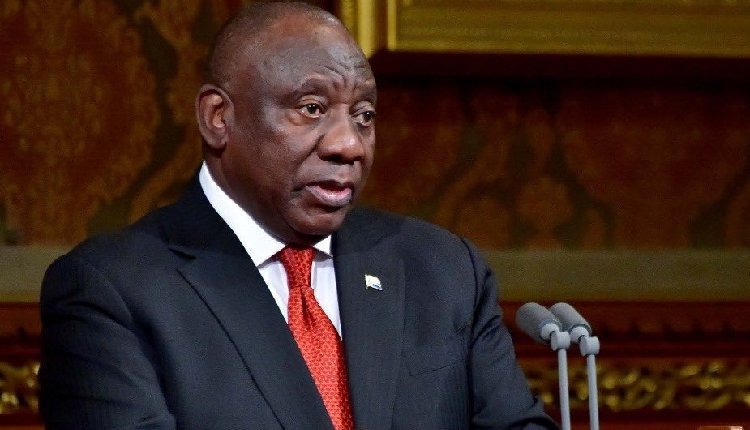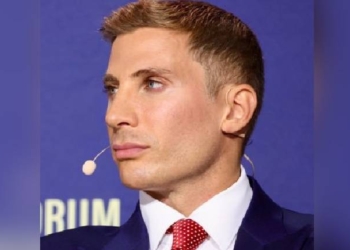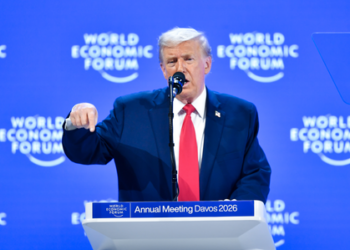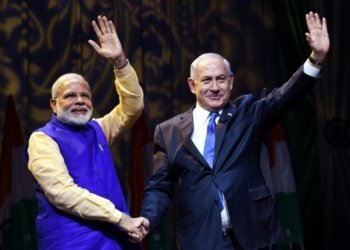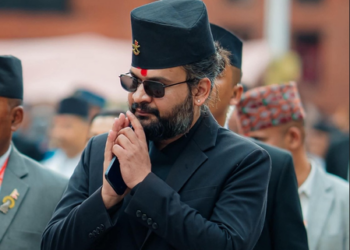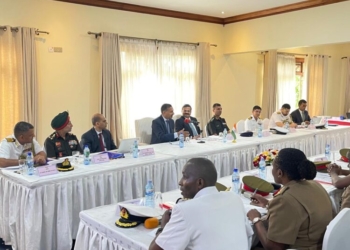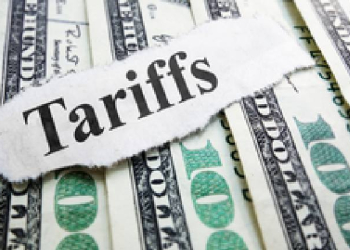Johannesburg: South Africa’s long-dominant African National Congress has, for the first time since the end of apartheid, lost its parliamentary majority in the May 29 elections and will have to seek the support of smaller parties to remain in power.
With nearly 99 per cent of votes counted and verified, the ANC, led by President Cyril Ramaphosa, has gathered 40 per cent of votes nationally – against 57 per cent in the previous elections – as of Saturday, far from the halfway mark needed to govern the country alone, the BBC reported.
This is the worst showing since Nelson Mandela led it to power in South Africa’s first multi-racial elections in 1994.
The final results will be announced on Sunday evening.
The turnout in the election was around 59 per cent, the lowest in the country’s history.
The centre-right, pro-business Democratic Alliance, seen as the preferred vehicle for the country’s white minority, has come second with 22 per cent.
However, this is just a percentage-point rise in support – from 21 per cent in 2019, indicating it has not capitalised on the ANC’s decline to gain much support among the black voters.
Under John Steenhuisen, it seems to have drawn back into its fold the white voters it lost in the previous election when it was headed by Mmusi Maimane.
The third biggest party is the uMkhonto weSizwe (MK), led by former President Jacob Zuma, with 15 per cent, dethroning the radical Economic Freedom Fighters (EFF), which only got 10 per cent.
However, the MK is falling short of winning an outright majority in its stronghold and Zuma’s home province of KwaZulu-Natal, with 45 per cent of the votes, and is demanding a manual recount there. The ANC has seen its share in the province plummet from 54 per cent to just 17 per cent.
The Inkatha Freedom Party (IFP) is fifth nationally with around 4 per cent of the vote.
Political negotiations for a coalition will be held behind closed doors, but it seems the ANC could reach out to the DA and the EFF, while any deal between the ANC and the MK appears remote due to mutual acrimony.
President Ramaphosa is only likely to comment once the final results are out. However, ANC Chairperson Gwede Mantashe, who was present at the results centre, sidestepped journalists’ questions, only saying that the ANC would be talking to “everyone and everybody”, the South African Broadcasting Corporation (SABC) reported.
While the DA has not opened its cards yet, EFF chief Julius Malema, who addressed the media while clad in a red and white checked Palestinian keffiyeh scarf, said his party welcomes the polling outcome as it has broken the ANC’s hold on parliament.
“Parliament will now be better positioned as a true representative of our people, and not a platform to protect the political elite of the ruling class,” he said,
Malema, who admitted that Zuma’s MK had hit his party’s chances, said that his party is willing to discuss a coalition with ANC as it has now been “humbled”.
“We want to work with the ANC… because the ANC when compromised, it is not arrogant,” he said.
IFP leader Velenkosini Hlabisa told the media that Africa’s changing political landscape and a new era of coalition politics portends an important role for his party.
“IFP is going to be a game-changer. The IFP will make an informed decision in the best interest of people of South Africa – but we are not desperate to get into a coalition for the sake of coalition,” he told journalists at the election results centre.
(IANS)




